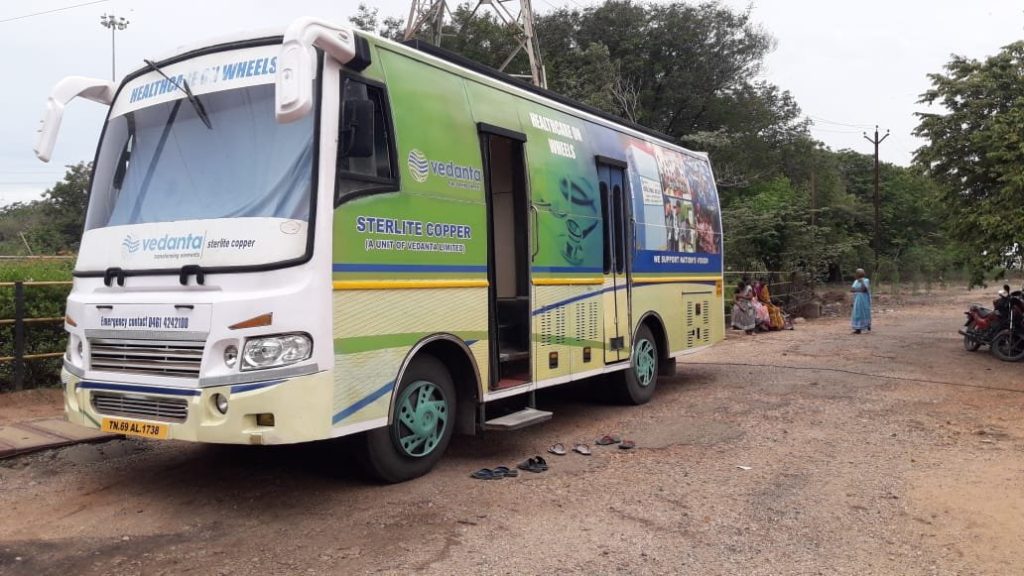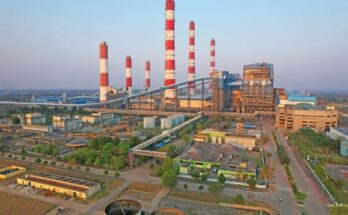
R Krishna Das
The Madras High Court on Tuesday delivered the much awaited judgment, refusing to allow reopening the Sterlite copper smelting plant in Tamil Nadu’s Thoothukudi.
A division bench of Justices T S Sivagnanam and V Bhavani Subbaroyan pronounced the verdict, seven months after reserving orders in the case. The court dismissed all petitions filed by Vedanta Limited.
The verdict would propel India dependency on imports for refined copper for the foreseeable future. Tuticorin smelter accounts for 40 percent of the country’s copper smelting capacity besides providing direct and indirect jobs to over 15,000 people.
After the shootout in May 2018, Tamil Nadu Govt issued orders to permanently close the factory that had a capacity of 4-lakh-tonne refined copper. The facility has been shut since then.
The verdict would completely change the copper industry’s landscape and would have a severe impact on the allied sectors as over 100 small factories are using the by-products of Sterlite for their operations and existence. Copper has a range of applications across all major sectors including construction, electric and electronic products, industrial machinery & equipment, transportation equipment and consumer and general products.
It would also affect country’s mission of minimising import. In the financial year 17 and 18, domestic refined copper production stood at 799,000 tonnes and 848,000 tonnes respectively. Hindustan Copper, Hindalco and Sterlite are the major producers of refined copper in the country.
In financial year 2019, India’s refined copper production dipped by a sharp 40 per cent to 457200 tonnes. In the financial year 2020, the production is estimated to be 408,000 tonnes.
India that had been exporting about 50 per cent of its total copper production is turning into a net importer of oldest metal known to civilisation.



